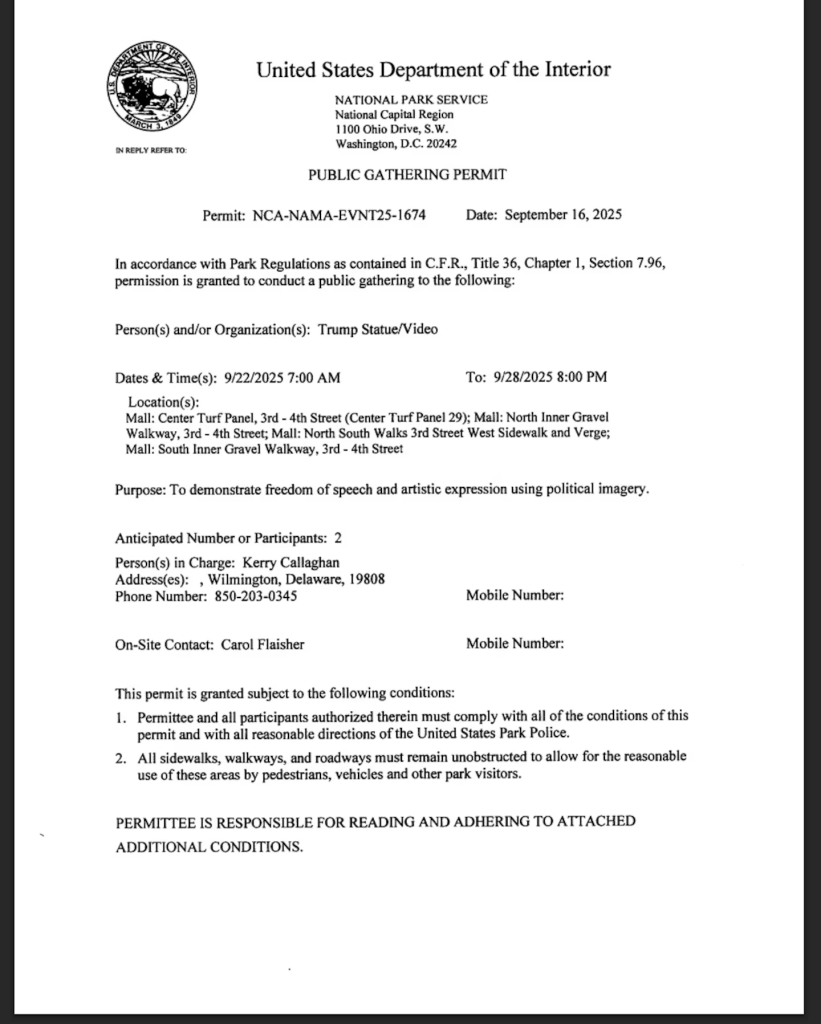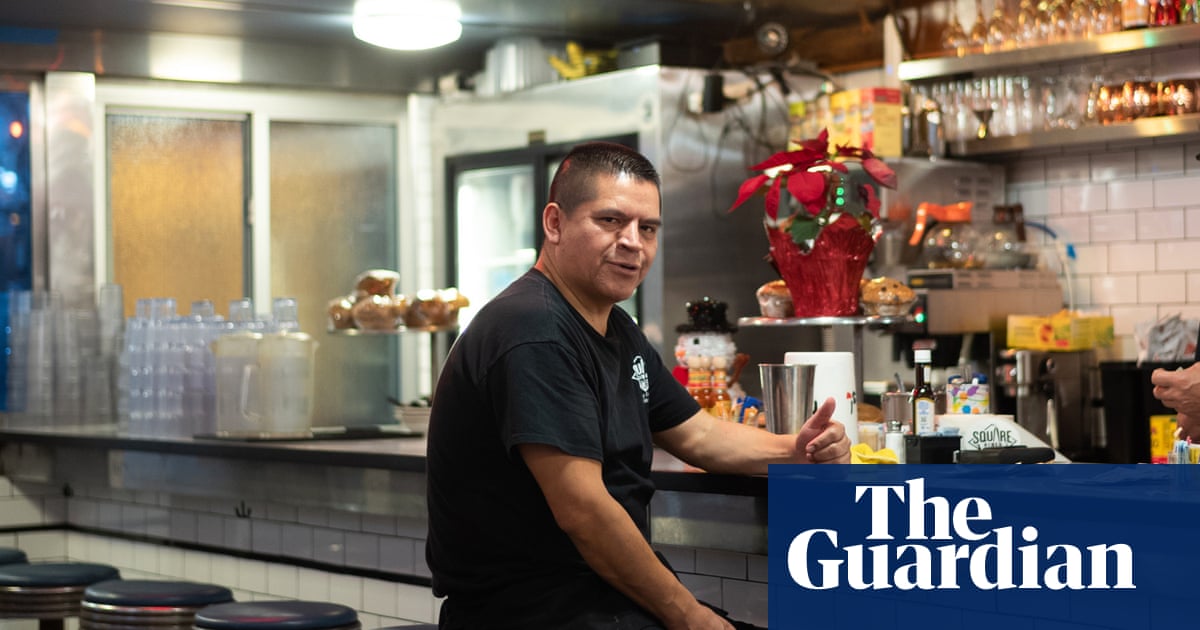President Donald Trump’s unprecedented efforts to pressure the Justice Department into prosecuting his perceived enemies have, so far, netted swift results — and more may be on the way.
In a matter of only two weeks, his handpicked U.S. attorney in Alexandria, Lindsey Halligan, obtained indictments against two frequent targets: former FBI Director James B. Comey and, on Thursday, New York Attorney General Letitia James.
Federal prosecutors across the country are pursuing several other investigations, many of which Trump has personally called for. Those include investigations into a sitting U.S. senator, former top leaders of the FBI and CIA and the Georgia prosecutor who charged Trump in a massive 2020 election conspiracy case.
The next set of charges could be coming quickly. Under pressure from senior Justice Department officials, federal prosecutors in Maryland are preparing to ask a grand jury to indict John Bolton, Trump’s first-term national security adviser, in a classified documents case. Charges could come as soon as the coming week, according to people familiar with the matter who spoke on the condition of anonymity to discuss the investigation.
Many of Trump’s targets, including Comey, charged with lying to Congress, and James, indicted on allegations of mortgage fraud, have derided the cases against them as baseless and driven by political retribution.
Here’s what to know about where investigations of Trump’s other perceived foes stand:
John Bolton, former Trump national security adviser
Federal authorities in Maryland have been investigating Bolton, a veteran diplomat turned fierce Trump critic, since earlier this year on allegations he illegally retained classified material after his 2019 resignation.
Multiple people familiar with the evidence against him have described the case as generally stronger than those against James and Comey. Court records unsealed last month indicate that FBI agents recovered documents marked classified while searching Bolton’s downtown Washington office.
In seeking a warrant to search the facility, investigators revealed they believed they would find classified records there in part because of information they learned through a foreign adversary hacking into Bolton’s AOL email account years ago.
Kelly O. Hayes, acting U.S. attorney in Maryland, a veteran federal prosecutor whom the Trump administration elevated to the office’s top job this year, is overseeing the case. The prosecution is being led by Tom Sullivan, who heads the national security and cyber divisions in Hayes’s office. Sullivan was previously part of the special counsel team that investigated former president Joe Biden’s handling of classified documents in 2023.
Bolton’s lawyer, Abbe Lowell, has said the documents marked classified found in Bolton’s office stem from his time in the administration of George W. Bush and had been cleared for his use decades ago.
“An objective and thorough review will show nothing inappropriate was stored or kept by Amb. Bolton,” Lowell said in a statement.
Sen. Adam Schiff (D-California)
Schiff, a vocal Trump critic who led the House investigation that resulted in Trump’s first impeachment, is facing investigation on mortgage fraud allegations similar to those lodged Thursday against James.
Both inquiries were initiated by criminal referrals from Bill Pulte, director of the Federal Housing Finance Agency, and pursued by Ed Martin, a former interim U.S. attorney in Washington turned Justice Department official.
In recent weeks, Martin has met with Hayes, the Maryland U.S. attorney, who is also overseeing the investigation of the senator, to discuss the progress of the investigation.
The inquiry is centered on Pulte’s assertion that Schiff misled lenders while buying a second home in Potomac in 2003 by claiming the property would be his primary residence.
Schiff and his lawyer — former Manhattan U.S. Attorney Preet Bharara — dismiss Pulte’s claims as politically motivated, “transparently false, stale and long debunked.” Bharara privately wrote to the Justice Department in July arguing there was “no factual basis” for those claims and provided documentation to exonerate the senator.
Schiff’s mortgage lender was aware from the start that he and his wife were buying the Maryland house so his family could live there when he was working in Washington, Bharara wrote, according to a copy of the letter reviewed by The Washington Post. To convict Schiff of mortgage fraud, prosecutors would have to prove that Schiff intended to deceive.
Still, after James’ indictment this week, Schiff is now bracing for the prospect that he could be indicted within a matter of weeks, according to two people familiar with his thinking who spoke on the condition of anonymity to discuss private conversations.
“Those of us on the president’s enemies list — and it is a long and growing list — will not be intimidated, we will not be deterred,” the senator told reporters Thursday. “We will do our jobs. We will stand up to this president.”
Lisa Cook, Federal Reserve governor
Federal prosecutors in Georgia are also pursuing a mortgage fraud investigation targeting Cook, the Biden-appointed Federal Reserve governor whom Trump is seeking to fire from the central bank.
Last month, investigators issued subpoenas as part of the inquiry, which began with a referral from Pulte, and Martin has conferred with law enforcement officials in the state. Pulte has accused Cook of claiming both a home in Michigan and a condominium in Georgia as “primary residences” on mortgage applications.
Cook’s lawyers deny she committed a crime and have suggested in court papers that she “mislabeled” her homes in her mortgage applications.
John Brennan, former CIA director
The Justice Department acknowledged in July that it had opened an investigation into Obama-era CIA director John Brennan, one of many targets the president has said should be prosecuted for involvement in the investigation into Russian interference in the 2016 presidential campaign.
John Ratcliffe, the current CIA director, and Trump’s Director of National Intelligence, Tulsi Gabbard, referred Brennan and others, including Comey, to the Justice Department. They alleged that Brennan and others manipulated a 2017 intelligence assessment to wrongly tie the Trump campaign to Moscow’s efforts and later lied about it to Congress.
In recent weeks, federal investigators in the Eastern District of Pennsylvania have conducted some interviews as part of the investigation, though its full scope remains unclear, one person familiar with its progress said.
One other current and one former official familiar with the matter suggested Gabbard may have undermined the investigation’s progress. Earlier this year, she publicly revoked the security clearances of 37 people who had been drafting the 2017 intelligence assessment, accusing them of politicizing intelligence and failing to safeguard classified information.
Her comments may have damaged their credibility as witnesses in any potential case against Brennan, said the officials, who spoke on the condition of anonymity to discuss details of the ongoing investigation.
FBI officials under former director Christopher A. Wray
In a separate investigation centered on the 2016 election, federal authorities in the Roanoke-based Western District of Virginia are investigating claims that senior bureau officials under former FBI director Christopher A. Wray mishandled or sought to destroy documents related to the Russia investigation.
That inquiry appears to have been sparked by allegations first floated by current FBI Director Kash Patel, who said in July he had discovered thousands of pages of records in “burn bags” at the bureau’s headquarters in Washington. He has suggested they were placed there to cover up wrongdoing by his predecessors at the FBI.
Some of those records — linked to an investigation by special counsel John Durham about the origins of the Russia investigation — have since been released by the Senate Judiciary Committee.
Current and former national security officials have questioned the premise of Patel’s allegations, noting that many of the records he claims to have uncovered had also been stored on government computer servers for years.
Fani T. Willis, Fulton County, Georgia, district attorney
The New York Times reported last month that the Justice Department had issued a subpoena for travel records of Willis, the Atlanta-area prosecutor who brought a sprawling racketeering case against the president and more than a dozen allies, accusing them of illegally seeking to overturn the results of the 2020 election in Georgia.
The investigation of Willis is being overseen by Theodore S. Hertzberg, the acting U.S. attorney for the Northern District of Georgia. But the scope of the inquiry remains unclear — including which records were subpoenaed and from whom.
The Times reported that the subpoena sought information tied to overseas trips Willis took around the time of the 2024 election. But Willis had not personally received a subpoena, her spokesman Jeff DiSantis said.
Trump has railed against Willis since her office charged him in 2023, calling his prosecution a “witch hunt.” The case remains the only remaining criminal matter in which Trump is charged, though Willis and her office are no longer leading the prosecution.
Last month, the Georgia Supreme Court denied Willis’s appeal of a lower court decision that removed her and her office from the proceedings after she was accused of an improper relationship with an outside attorney she appointed to the lead the case.
A state agency is now looking for a new prosecutor to take on the case. Willis has acknowledged she would likely continue to be a target of the president and his supporters.
“I am fully aware that there will be people in power over the next four years who may seek to use that power to lash out at those who are working to uphold the rule of law,” Willis told The Post in January. “I will not be intimidated by threats or acts of revenge.”







